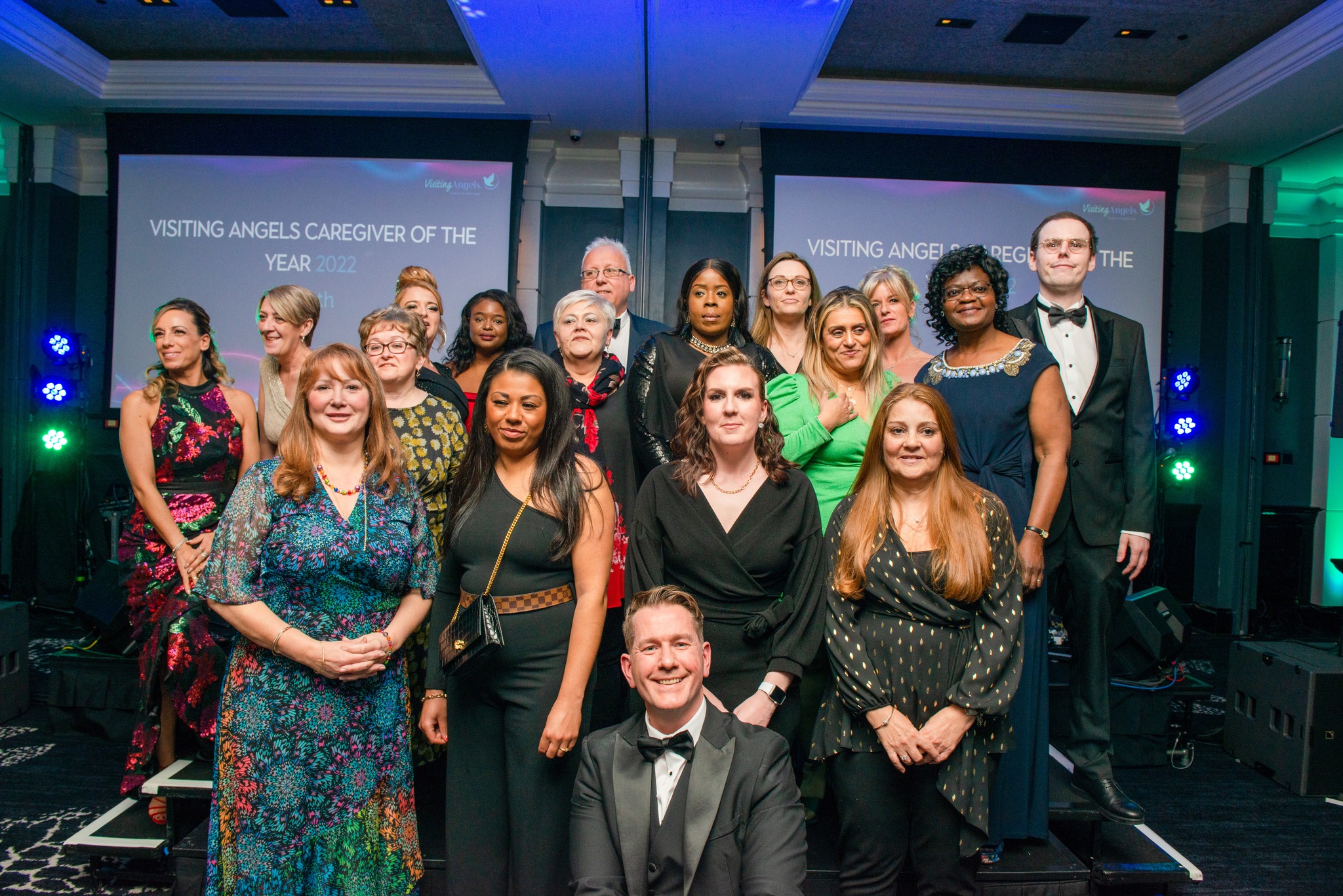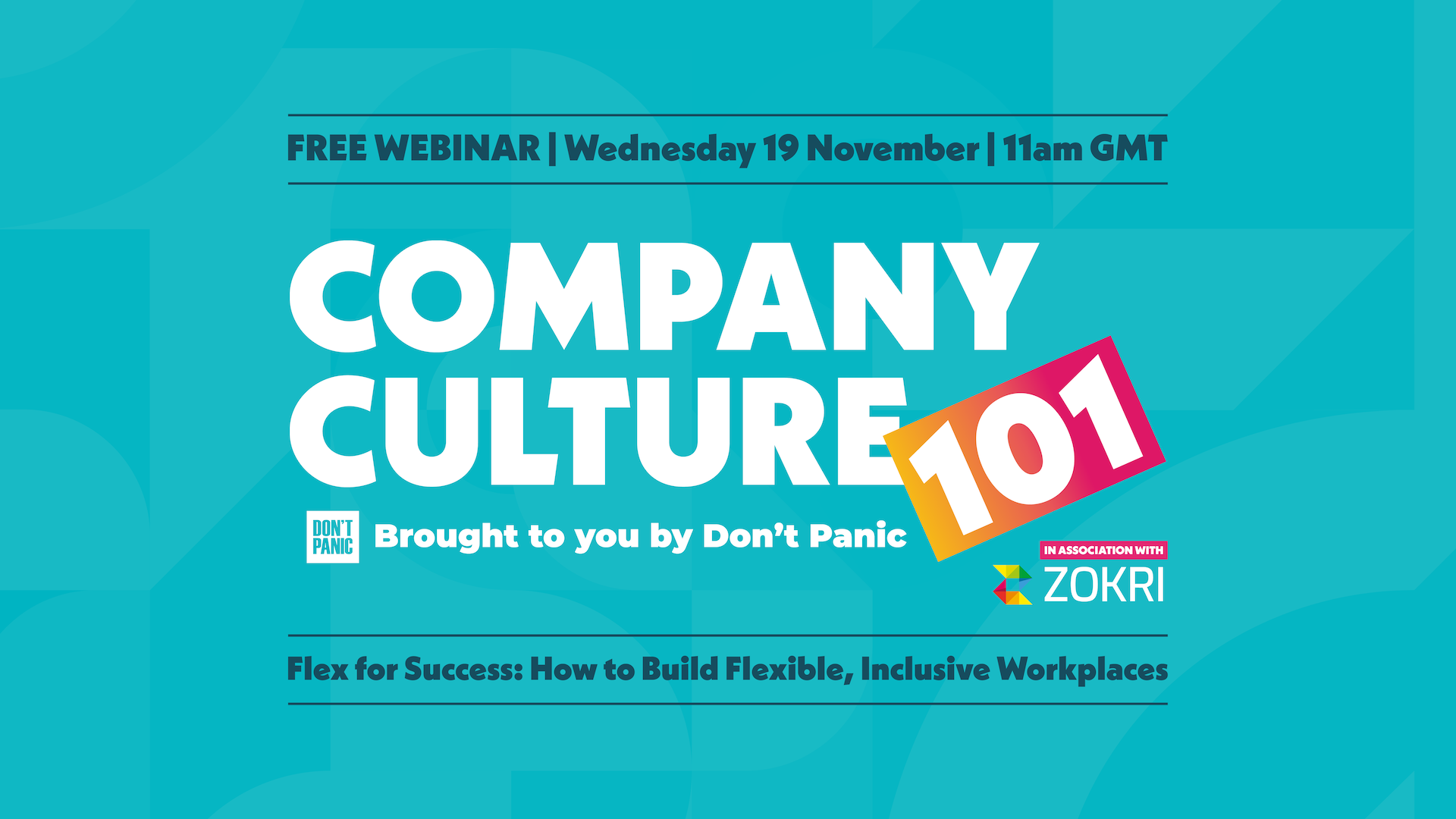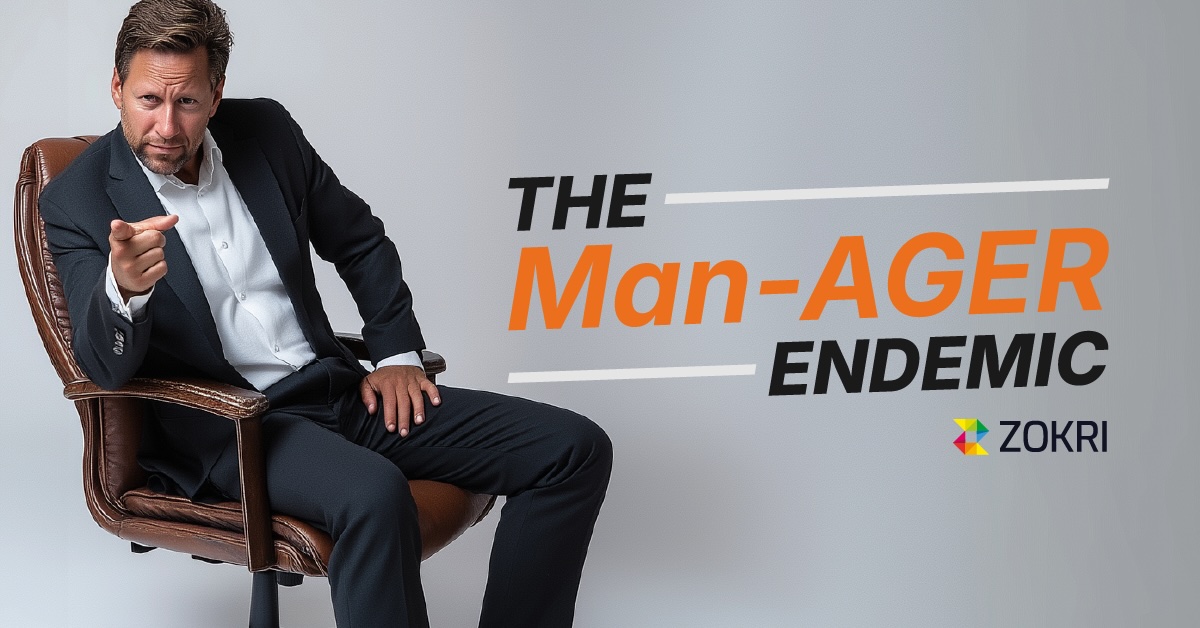I am a founder and CEO of a home care business, Visiting Angels www.visiting-angels.co.uk We look after some of the most vulnerable people in society. I have always said about our sector that people don’t know care unless they work in care or have received care for a family member.
My journey in care started with poor care for my nan. We experienced high staff turnover leading to many different carers and an unreliable service.
When preparing for the launch of my business I researched the care sector. I looked at nearly 50 businesses in corporate home care, franchised home care, existing independent businesses, residential care, extra care.
Something struck me as odd. If they had a mission statement at all, all of them had a mission focused of clients and care delivery. Nobody had a mission focused on their people.
In a moment of clarity I had a big idea. Putting carers first or as I named it being carer-centric. In 2017 I am becoming increasingly proud too say I think I was the first person on the planet to say carer-centric.
So what does it mean. It means putting care staff first, making them even more important than the client receiving care. It means having genuine compassion for the most important people in the business – carers.
Yes it means better pay, proper contracts not zero hours, paid travel time and proper in work benefits. More importantly it means defining a culture of support and love for carers and genuinely treating them like family.
I created a values based business and I made family our first brand value. We treat our carers like family and they support client families.
The challenge for my big idea in a sector where we were the oddballs was every time I recruited experience for my business as we grew, I risked bringing in a detractor from our vision and values.
Yes, everyone was carer-centric to my face but when in post they slipped into learnt behaviours. The sort of reflex like response that you get in stress situations – and trust me care gives potential for many stress situations.
I call this muscle memory.
It is experience working without conscious thought.
Our vision was unique and our value based so unusual the experience that people had wasn’t useful.
Their experience working without conscious thought wasn’t helping!!
To try to address this I brought my team together and we revisited our vision and values. All of our training is values based so it is not unusual for the team to start sessions with a discussion on vision and values. This time though I gave everyone a sheet of flip chart paper and asked them to draw the organisational chart of the business.
They all put me at the top, predictably, dutifully. They all put the carers at the bottom and they placed themselves in the middle order as supervisors, care coordinators, registered care manager and administrators. They put themselves either higher or lower in the middle order depending on a perceived seniority in the business. They all looked like traditional hierarchical pyramids.
I thanked them all and then told them that they were all wrong – but the good news was that they were wrong for the same reason.
I took each sheet and rotated it to invert the pyramid. We stuck them on the walls and then we discussed it.
A carer-centric business has carers at the top and me as the business owner at the bottom. I have always been the least important person in the business.
The bigger we become the less important I am.
I was OK to say I’m the least important person here. Carers were very happy to be shown at the top of the inverted pyramid. The problems came in the middle. When we discussed this a 20 year veteran of the sector said to me “are you saying the carers are more important than me and my experience and qualifications?”
I said yes, without carers your experience and qualifications do not deliver care. I also said but the good news for you is that you are more important than me.
Everyone is more important than me.
As my business has grown my belief in my big idea has become less important. I don’t believe it less.
The less important I become, the more important it is that my team believe in the big idea. That they own it and add their own flavour to it.
There is another way to view that inverted organisational chart. I am at the bottom therefore I need to be the strongest – my faith in our values needs to feed others. I am only directly responsible for the person above me in the pyramid. I support them and they support those above.
If I love a carer directly I invalidate the manager in the middle. I must inspire them to love their teams more.
Some wonderful carer-centric magic happens when you work like this. Carers also love their fellow carers. The responsibility for the vision is shared by everyone.
Our carer centric focus led to us addressing stress and anxiety for care workers. We try to see the world through the eyes of our carers. By doing so we saw a problem created by the pandemic for our frontline workers.
We designed a programme called Angel Care to provide free talking therapy, mental health resilience training and built our own App to monitor caregiver wellbeing.
I started my life being cared for by my nan.
I truly believe that by caring for carers society can all ensure that those of you who haven’t had to find care yet will be able to ensure that your families get the compassionate support that they need.
Afterall in a sector where compassion for clients is written into law if we don’t care for those delivering care who else will.
This recognition is important as we are leading a change for our sector which this validates. Our team work really hard to drive change and this award allows us to recognise their efforts.







